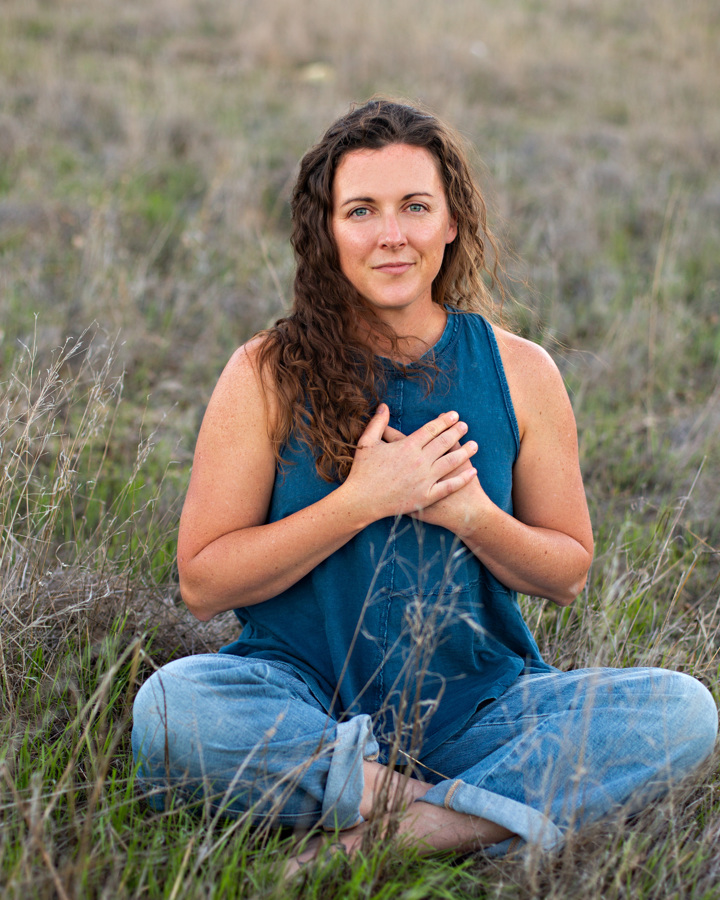
By Emily Derrick, LMFT
The holidays are fraught with stressors for everyone. As an egg, sperm, or embryo donor, the holidays contain an extra layer of complexity. Some of the factors that contribute include:
- How long ago you donated.
- If you have contact with your recipients and/or genetic children.
- The number of recipients and genetic children you have contact with and their locations.
- If you have started your own family.
- Whether you’ve been open with your family about your donor status and connections.
- How your family and friends feel about you being a donor.
- Any updates you receive from the families around the holidays.
- And direct-to-consumer DNA testing results that start rolling in around January.
Being a donor around the holidays may impact you very little, or it may impact your life a lot more from November to January. For many, it may be an internal struggle with very little discussion, but for those who maybe have a lot of genetic children from their donations or who are very open about their donations, the topic and your feelings may be on full display at gatherings.
Here are some tips to cope, as a donor, during the holidays:
- Be mindful of your feelings. You may have an increase in thoughts and feelings about your donations at this time of year. Make space for your feelings, give yourself grace, and engage in coping skills to help improve your mood as needed. You can always take a break to process feelings or cut an awkward conversation short. Go get some fresh air, offer to do the dishes or run an errand, take a nap, call a friend, or tell the others that you have to “send a quick work email.”
- Communicate with your inner circle prior to attending events. If you have recipient families on your mind and you notice that you’re feeling a little detached from the day’s events, tell a trusted family member or friend and tell them what you need. For example, “I’ve got a lot on my mind right now so I might be a little space. Physical touch would help ground me in the moment so feel free to touch my arm or hold my hand if you notice me floating away a little.” Or, “Honey, I just talked to one of the families that I donated to, and I could really use a walk right now. Can you let your family know that I’ll be back in about ten minutes?”
- Keep anxiety in check. Just because you receive an annual update and/or photos via email, or a holiday card in the mail, doesn’t mean you have to open it immediately. Create a time and space in which you feel comfortable and supported to take it all in, feel your feelings, and regroup before re-engaging with the world. When it comes to “day of” communication, send holiday wishes on your terms. If you have contact and send/receive warm wishes on the holidays, try to schedule it for a time that makes sense for you. Perhaps it is in the morning before family really starts to congregate, in the lull after presents but before dinner, or even the day before or after. Create a quiet space in which you won’t be interrupted, at a time when you aren’t feeling rushed.
- Set boundaries ahead of time. Feel free to let your inner circle know if you would prefer not to talk about donor conception at holiday events before you arrive. For example, say, “I’d rather not talk about my new connection around Nana. We can set a time to chat after I visit to give you a full update.”
- Have answers planned for common questions. Typically, when meeting new people at parties and gatherings, they ask how many children you have. They generally want to know how many children you are raising, so it can be a very straightforward answer. However, if your donor status and subsequent updates are common knowledge, it may come up at holiday gatherings. If you don’t feel like engaging, try redirecting:
- “There’s so much to tell! Let’s catch up after the holidays so we have more time to talk about this.”
- “I appreciate your interest in this, but I was going to start working on the dishes. Maybe we can talk about this another time?”
- “Thanks for asking. Everyone is doing well. But, I’m dying to hear about your big trip!”
- Use self-talk to help neutralize your feelings.
- “Their firm beliefs on donor conception are informed by [fill in the blank], and they don’t seem very open to learning more about it right now.”
- “It’s not my job to change how they feel about this.”
- “We grew up in very different times and locations and we view a lot of things differently, and I still love them because they’re family.”
- “I’m proud of what I did, and what I’m continuing to do, to support the families.”
- Connect with other donors for support. Check out Facebook groups like We Are Egg Donors. There are many other people out there who can empathize with how you feel.
The holidays can elicit complicated feelings, and the New Year is no exception. This time of year can also trigger feelings of loss around donor conception: another year without knowing the results of your donation, adding a year to the theoretical ages of the kids that might have been born as a result of your donation, and another year that you didn’t get to meet the children despite having confirmation of live births. It’s not uncommon to feel guilt, whether it’s about your feelings towards the donations or the families, the choice to donate anonymously, or something else entirely. Remember, it’s okay to feel all of your feelings at any time of year.
Your story will continue to evolve as you and the people born from your donations grow. Give yourself grace. You are all figuring this out as you go.

Emily Derrick LMFT is a reproductive therapist, supporting all members of third-party gamete donation constellations in California. She is a wife and mom of two, as well as a gestational carrier of one for two dads via known donation, and genetic mom of approximately six children via egg donation. Emily donated eggs via matched cycles to opposite-sex and same-sex couples, and a single mother by choice, and has contact with one family. Formerly a director and case manager at an egg donation and surrogacy agency, Emily’s varied personal and professional experience provides unique background as her clients guide her on their own journey of exploration. Emily is a member of the ASRM Mental Health Professional Group, SEEDS, and the DCC Professional Group.
